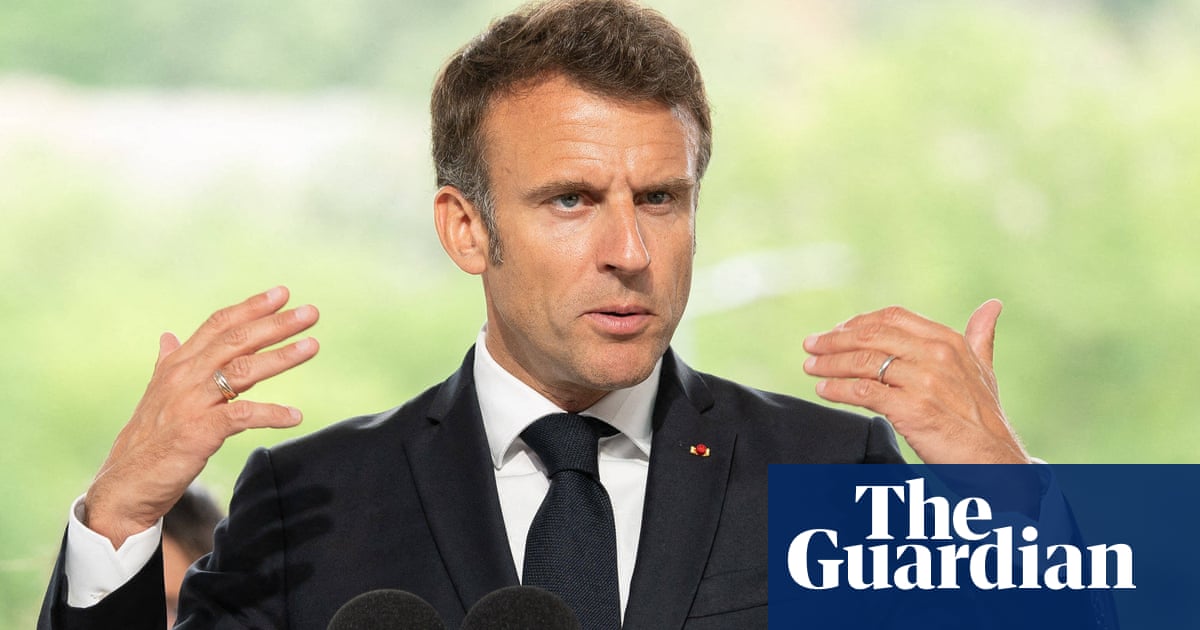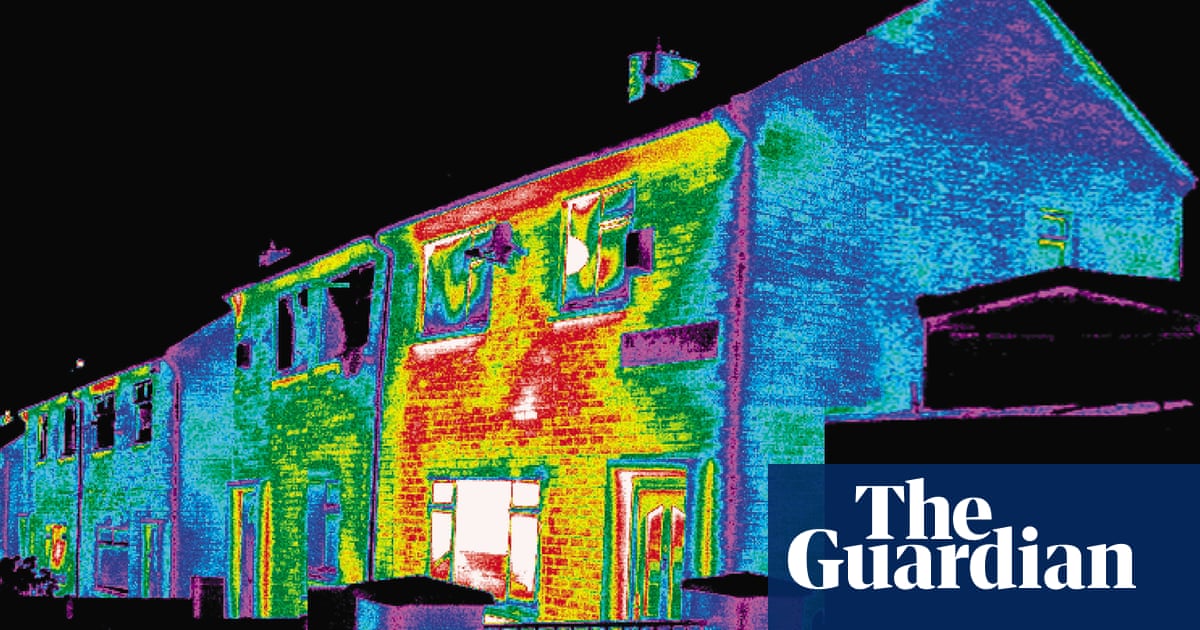
The UK’s 100 richest families are being urged to commit £1bn over the next five years to tackle the climate emergency and halt the destruction of the natural world, as the world prepares for a big push on environmental issues at the G7 summit.
Each of the 100 richest families in the UK, and the 100 biggest charitable foundations, will receive a letter on Saturday asking them to make the climate and biodiversity crises a focus of their philanthropic efforts, in order to stave off pending disasters that would imperil all their other charitable efforts.
The letter says: “We are at a tipping point: without concerted and radical action, the current trends of extreme weather, increasingly hostile living conditions and ailing nature will accelerate.”
The letter does not ask for specific amounts, but the Guardian understands the signatories hope to increase funding by £1bn by 2025. At present, only about 4% of the money from UK philanthropic trusts and foundations goes to environmental causes, including climate change.
The letter continues: “The environment is humanity’s life support. Yet the human systems we have collectively established – economic, industrial, even political – are changing our climate, endangering our fellow species, and diminishing our health and wellbeing. Whatever causes you care about and already fund will undoubtedly be impacted by climate change.”
Ben Goldsmith, an investor and philanthropist, and one of the signatories to the letter, said: “Given what is at stake for the planet, it is odd that we have so few people giving money and funding these problems. This is the mother of all problems – everything else is subservient to this.”
He said now was the time for billionaires to step up, as this year, the UK is hosting the G7 summit, as well as vital UN climate talks called Cop26 in Glasgow this November, and there are global talks on biodiversity and the oceans.
“This is a super year for the environment, some would say a make-or-break year,” he said. “I have never been more optimistic in my adult life – I’ve never felt my government was taking the environment seriously until now.”
Many of the recipients, made up of the Top 100 names and families that appear in this year’s Sunday Times Rich List, are likely to have investments or strong connections to high-carbon industries or fossil fuels. For instance, the list includes Sir Jim Ratcliffe, of the chemical giant Ineos, which also has fracking interests; the Mittal family with steel interests; Sir Stelios Haji-Ioannou of easyJet; Alisher Usmanov, the Russian oligarch who managed Gazprom Invest Holdings before 2014; and Sir Len Blavatnik, who made his fortune in petrochemicals and Russian oil.
The letter does not ask the recipients to divest their high-carbon interests, but Goldsmith said they should consider the impacts of their investments.
“One of the main purposes of the environmental movement is to stamp out business practices that mess up the environment, such as fossil fuel extraction, deep sea mining, and industrialised animal production,” he said. “The purpose of the letter is not to berate people, about their business or personal life, but they should have the ability to make a positive impact.”
The letter also does not call on recipients to make any changes to their own lifestyles. Recent research from the Cambridge Sustainability Commission on Scaling Behaviour Change identified a “polluter elite” that contributes the lion’s share of greenhouse gas emissions from individuals, in the UK and around the world. For instance, from 1990 to 2015, emissions from the poorer half of the EU population fell by a quarter, while those of the richest 10% increased.
The report found that the richest 1% of the population would need to reduce their emissions by a factor of 30 at least in the next decade, while the world’s poor could increase their emissions threefold, in order to keep within the 1.5C limit on global heating set out in the Paris agreement.
Private jet use has soared amid the restrictions on airlines imposed under the Covid-19 pandemic, demand for luxury goods has risen strongly, and many billionaires have also seen their wealth increase.
Peter Newell, lead author of the report, and professor of international relations at the University of Sussex, said that billionaire philanthropists should use their wealth, and their influence, to combat the climate crisis, and should take care to be consistent.
“They should give money to protect the climate, but there are also more direct ways to use their wealth – for instance, in paying tax, and in [reducing] their investments in fossil fuels,” he said. “It is better to spend money on this [climate philanthropy] than on private jets or yachts, but it’s not tenable to carry on with an extremely high-carbon lifestyle. It undermines the effectiveness if they live in a completely inconsistent way.”
The letter was organised by the Environmental Funders Network, and signed by the representatives of 14 trusts and environmental organisations, including André Hoffmann of the Mava Foundation; Lisbet Rausing and Peter Baldwin of the Arcadia Fund; the environmentally focused Ashden organisation; and the European Climate Foundation.












